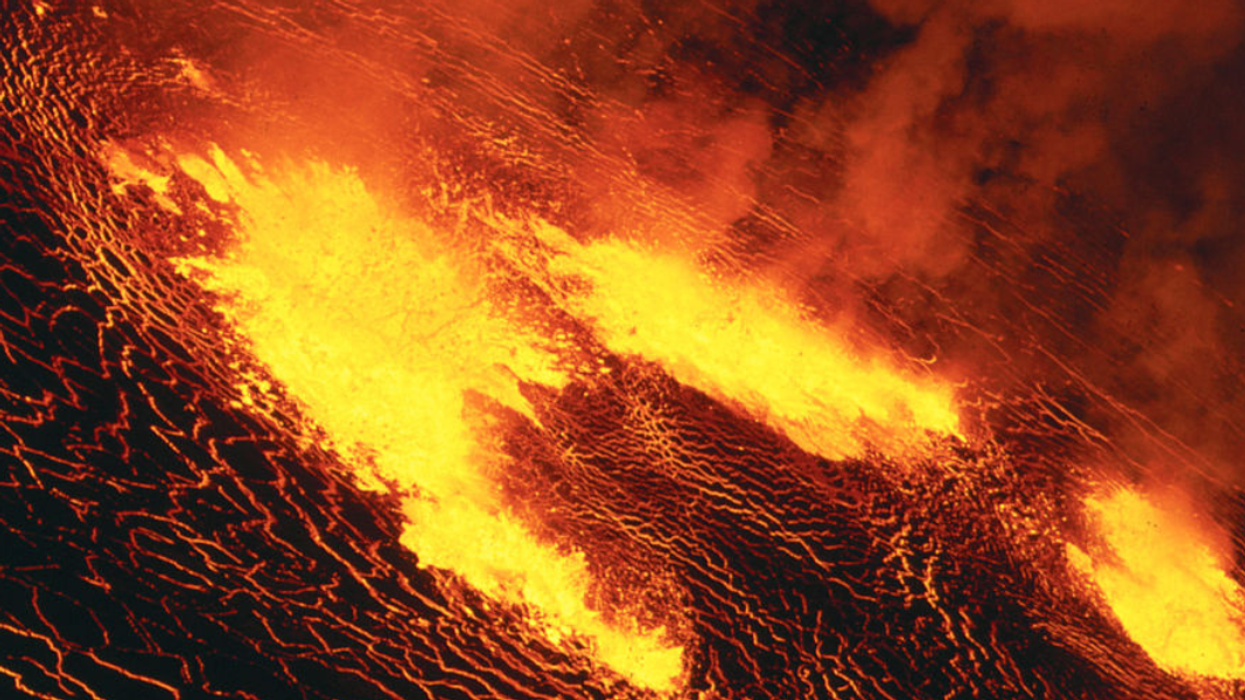Kevin Frazier is an Assistant Professor at the Crump College of Law at St. Thomas University. He previously clerked for the Montana Supreme Court.
Desuetude. It’s a funny word lawyers pull out to remind their friends they went to law school. It just means disuse. Lawyers, admittedly, have another purpose for using such a dense word -- to refer to laws that, like the appendix--once served a purpose but have since become outdated or, in some cases, simply forgotten. This might not sound like a problem -- after all, if such laws aren’t enforced, then is anyone really bothered by them?
Well, again like an appendix, a forgotten law can burst and cause quite a bit of damage. This happens when a bored scholar or, more likely, a creative litigant brings a law out of the dustbin and attempts to release its neglected power on an unsuspecting individual or community. That may soon be the cause with respect to continuity of government (CoG) provisions.
At the height of the Cold War, thirty-five states--including California, Texas, and Florida--ratified some version of this template provision:
The Legislature, in order to ensure continuity of state and local governmental operations in periods of emergency resulting from disasters caused by enemy attack, shall have the power and the immediate duty . . . to adopt such other measures as may be necessary and proper for ensuring the continuity of governmental operations.
It doesn’t take a law degree to see that a state legislature that invoked its CoG provision would have substantial--even extra-constitutional--power to respond to a period of emergency. Two major questions, though, are somewhat unclear. First, who decides what constitutes a “period of emergency?” Second, which circumstances give rise to such an emergency?
Let’s take those in order. Typically, courts help answer these questions but they’ve been of little assistance for more than fifty years--turns out these provisions have rarely been invoked and, even when they have, courts have generally deferred to the state legislature’s judgment. A few states have altered their CoG provisions to give the governor the sole power to declare such an emergency. But, for the most part, the provisions have received little judicial scrutiny and as much scholarly attention as the backup punter receives in the write-up of a football game. The most likely answer is that state legislatures are responsible for pulling the trigger or keeping the safety on.
How, then, should state legislatures decide when and if a period of emergency has occurred? One answer would be to look to the history of the provisions. Voters ratified these constitutional amendments by massive majorities and didn’t bother to ask about the details because they had a single situation in mind: a catastrophic nuclear attack. Having witnessed the destructive power of nuclear weapons and lived through Soviet attempts to place such weapons in our backyard, voters acted out of fear and gave the state legislature broad powers to respond in the event of widespread and significant destruction of life and property. So “emergency” likely only referred to nuclear war and the “enemy” probably exclusively applied to other nation states.
How does that history translate into the present? The diversity of answers to that question is what spells trouble. Is a cyberattack on critical infrastructure close enough to a nuclear attack? Is a major terrorist organization a substitute for a nation state? You see the problem: the definitions of emergency and enemy could be morphed to align with the political or personal wishes of legislators.
Some legislators could try to call a limited and unlikely threat an “emergency;” others might refuse to trigger the provision even after a major natural disaster--mother earth isn’t a nation state, right? This ambiguity and uncertainty does no one any good--just like an appendix.
Citizens in thirty-five states need to tend to their appendices before they burst--clean up or clarify your state constitutions. The alternative--trying to answer these questions in the middle of a calamity--is a can that can’t be kicked; the weight of the question is too heavy. So, go read your state constitution, call up your state rep and tell them to figure out the definition of emergency, clarify who counts as an enemy, or to take the provision off the books.


















 "On the Frontlines of Democracy" by Nonprofit Vote,
"On the Frontlines of Democracy" by Nonprofit Vote,

Trump & Hegseth gave Mark Kelly a huge 2028 gift